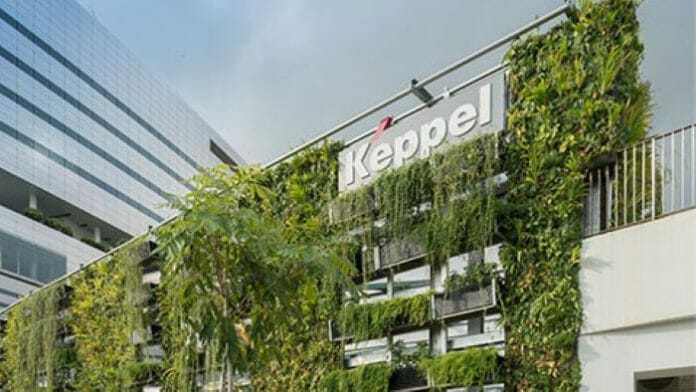Singapore’s Keppel Corp said on Friday (May 26) it has signed two deals to intensify its efforts in the development of green hydrogen and ammonia production for use in Australia and export to Asia.
The Singaporean conglomerate has signed up to join the Central Queensland hydrogen (CQ-H2) project consortium, which is developing a hydrogen production facility, among other related infrastructure.
The CQ-H2 project is one of Australia’s largest green hydrogen projects and the consortium comprises Japan’s Iwatani Corp, Kansai Electric Power and Marubeni Corp, among others, the company said.
Keppel said it has also signed a memorandum of understanding with Australia’s Incitec Pivot to help leverage the accessibility of large-scale reliable green hydrogen supply from the CQ-H2 project in Gladstone, Queensland.
“This innovative international partnership with Keppel is one of several decarbonisation projects we are progressing as part of our ambition to be net zero by 2050,” Incitec CEO Jeanne Johns said.
The MoU is to explore the development of a green ammonia production facility in Queensland, Australia for both domestic and overseas consumption, including an end-to-end export supply chain to Singapore and Asia, Keppel said.
“Keppel’s strong track record in developing and operating large-scale energy and environmental infrastructure combined with the expertise and experience of our esteemed partners will enable us to produce, store and transport green hydrogen and ammonia in a safe, scalable and cost-competitive manner for end-users in Australia, Singapore and globally,” said Cindy Lim, CEO of Keppel’s Infrastructure Division.
“We are delighted Keppel and Incitec Pivot have chosen Gladstone for their green ammonia production facility,” Treasurer and Minister for Trade and Investment Cameron Dick said, “This will open exciting and significant export possibilities, let alone regional jobs.”
Source: Reuters









